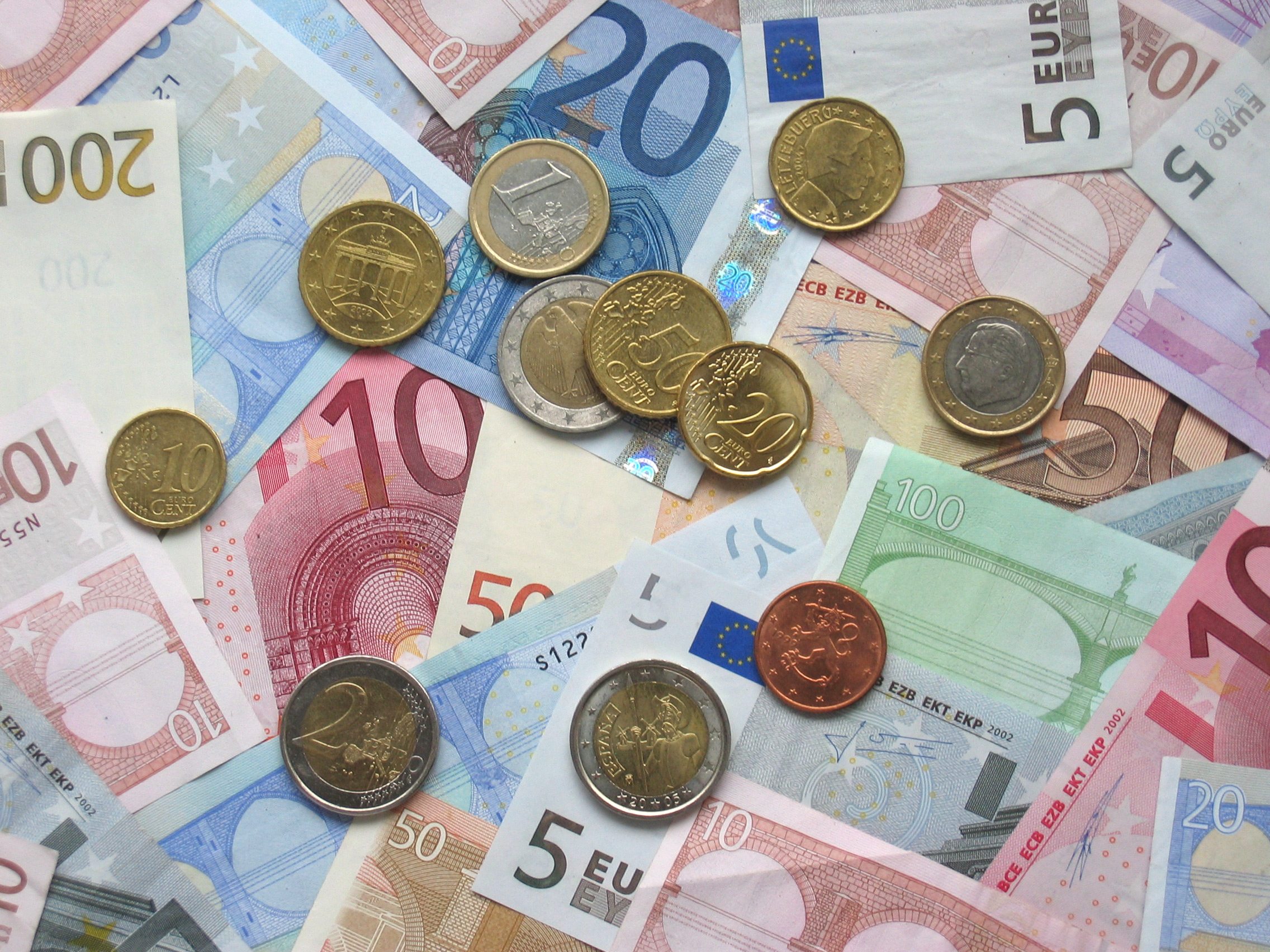The European Single Currency, Euro, against the dollar on Thursday, August 31, after sources told Reuters that a growing numbers of European Central Bank policymakers were concerned by the strength of the euro and may go slower tightening monetary policy as a result.
The single currency has been falling steadily since hitting 2-1/2 year highs against the dollar on Tuesday, driven by upbeat U.S. economic data and concerns that the ECB will have to alter course in response to the euro’s 13 percent rise this year.
Three sources familiar with discussions told Reuters that formal talks over the future of the bank’s stimulus scheme were only beginning, meaning the ECB is highly unlikely to take any decision to start reining it in at a meeting next Thursday.
“They are somewhat concerned about the euro’s strength and the source piece backed that up again,” said Citi strategist Josh O’Byrne.
“It did run contrary to the other news story we have had this morning which is the better inflation number. But there was already some expectation that the euro would be a bit soft going into the U.S. jobs numbers on Friday so we are a bit weaker.”
The story extended two days of better performance by the dollar. By 1137 GMT, it had gained around 0.3 percent against both the yen and the euro, to trade respectively at 110.58 yen and $1.1845 per euro.
That looked set to help the greenback end August close to flat against both of its major peers.
Overall the biggest mover among the G10 group of developed economy currencies was the New Zealand dollar, down 1 percent against its U.S. equivalent after a poor batch of business confidence data.
“The kiwi has been the clear underperformer in August,” said Lee Hardman, a strategist with Japan’s MUFG in London.
“In general the (U.S.) dollar is trying to stage a rebound over the last couple of sessions, suggesting the falls last week were probably overdone.”













